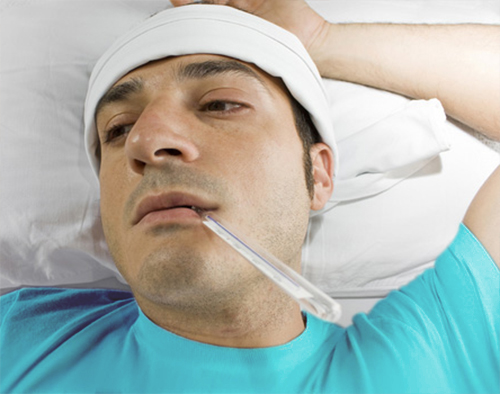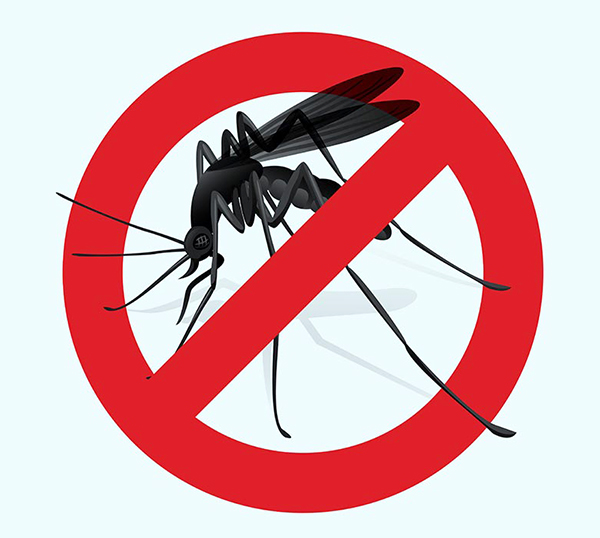
Dengue: The New Fever On The Rise
 Dengue is one of the most common infective diseases seen in tropical regions of the world. People living in the Indian subcontinent, Southeast Asia, Taiwan, Caribbean Islands, Pacific Islands, Mexico, Africa, etc. are commonly affected by this illness. Dengue is a viral illness that is spread by the bite of the Aedes mosquito, and its symptoms can range from non-specific viral fever to severe life threatening symptoms. Here are some common symptoms of Dengue Fever that you must look out for if you live or you have visited a region that is prone to periodic outbreaks of Dengue: Symptoms of mild Dengue fever can be non-specific and can be confused with flu-like symptoms, i.e. headache, body ache, fever, weakness, etc. It is always better to get yourself tested if the fever lasts for more than 3 days. Symptoms can take about 4-6 days to develop post the mosquito bite and can last up to ten days. The Classical presentation of Dengue fever includes symptoms like: - High grade fever - Severe body ache and bone pains (Dengue Fever is also called as break bone fever because of the infamous pains) - Severe headache - Pain behind the eyes - Weakness - Skin rash which usually appears between day 2 and day 5 of the fever - Nausea and occasional vomiting The severe form of Dengue is called Dengue Hemorrhagic Fever, in which spontaneous bleeding starts in the body, from the skin, nose, stools, urine, and in extreme cases, internal organs. If there is continuous, relentless vomiting, or fainting episodes, or even a single episode of bleeding, contact your health care provider or visit the nearest health care centre or hospital without delay. The sooner care is taken, the lesser are the chances of fatality. Be alert if you or someone close to you develops one or more of the symptoms mentioned, especially if there is a history of mosquito bite. Dengue can be managed well when diagnosed well in time. Do remember that drugs like Aspirin and Ibuprofen are not permitted to be taken because they can cause fatal bleeding. Always get in touch with a qualified medical doctor to see yourself or your loved one through the proper treatment and care for Dengue.
Dengue Can Be Prevented

Dengue is an extremely debilitating disease, that can go into dangerous complications, if not managed in time. The good news is that all of this can easily be prevented by personal and environmental protective measures. Mode of Infection & Spread • Dengue spreads by the bite of a mosquito Aedes Agypti which commonly breeds in open spaces as well as in closed spaces. Their favorite breeding sites are containers that hold stagnant water that is clean, and unlike other mosquito species, they do not breed in creeks, pools and marshy areas. • Aedes Mosquito can rarely fly beyond 200 meters of its breeding site. So, outbreaks only occur in areas that are close to the breeding sites. Environmental Measures To Prevent Spread Of Dengue: - Completely eliminate spaces that are capable of holding stagnant water, like empty containers, flower vases, coolers, etc. Essential spaces like wells, water tanks, containers that hold drinking water, etc. should be kept covered all the time. - Install mosquito screens on windows and doors and in all potential entry points for mosquitoes. - Use mosquito repellent sprays and electric diffusers indoors if required. Personal Protective Measures: - Wear full-sleeved t-shirts and long pants while stepping out of the house, especially during evening time - Apply mosquito repellent creams on exposed body parts before going out.
.NewsLatterDetailCtr{
padding:25px;
}

|